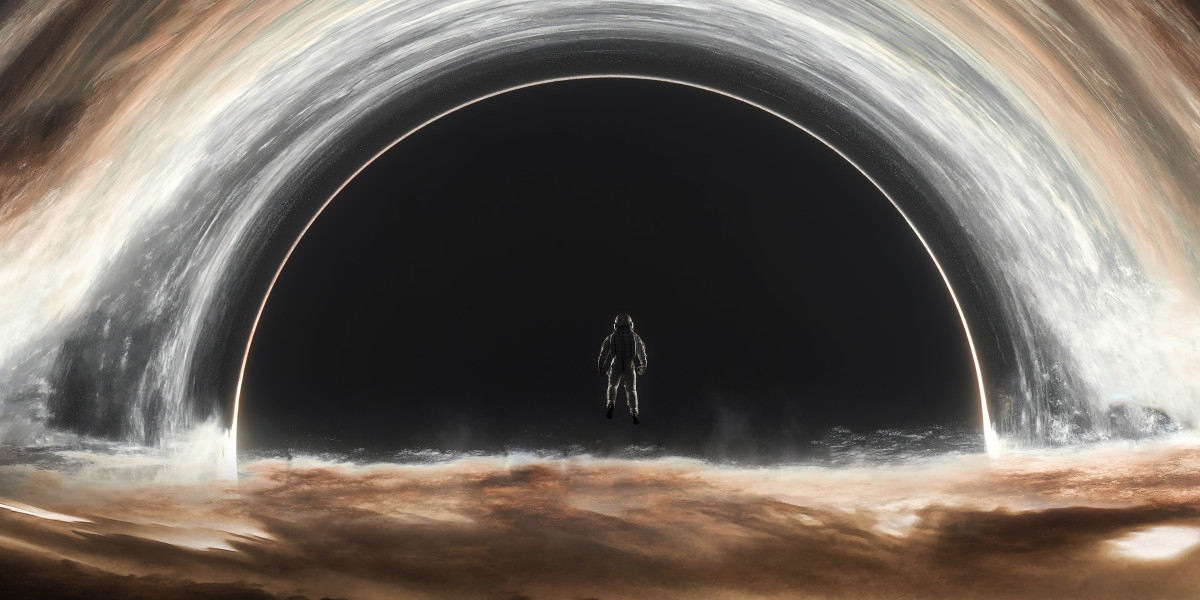Photography is an art that thrives on light, and mastering natural light can significantly enhance your outdoor photography. Whether you are a beginner or an experienced photographer, understanding how to utilize natural light effectively is crucial. In this article, we will explore essential photography tips that will help you capture breathtaking images outdoors.
Understanding Natural Light
Natural light varies throughout the day and can dramatically affect the mood and quality of your photos. Have you ever noticed how the same scene can look completely different at various times? This is due to the changing angle and intensity of sunlight. The golden hour, which occurs shortly after sunrise and before sunset, is often considered the best time for outdoor photography. During this time, the light is soft and warm, creating a beautiful glow.
Photography Tips for Different Times of Day
- Morning Light: Early morning light is soft and diffused, making it ideal for capturing landscapes and portraits.
- Noon Sun: The harsh midday sun can create unflattering shadows. If you must shoot during this time, consider using reflectors or diffusers.
- Golden Hour: As mentioned, this is the perfect time for stunning outdoor photos. The light is warm and enhances colors.
- Blue Hour: Just before sunrise and after sunset, the sky takes on a deep blue hue, providing a unique backdrop for your images.
Utilizing Shadows and Highlights
Shadows and highlights play a significant role in photography. They can add depth and dimension to your images. When shooting outdoors, consider how shadows can create interesting patterns and textures. For instance, shooting under trees can provide dappled light that adds a magical quality to your photos. Conversely, highlights can draw attention to your subject. Experiment with different angles to see how shadows and highlights interact with your composition.
Composition Techniques in Natural Light
Effective composition is vital in photography. Here are some photography tips to enhance your outdoor shots:
- Rule of Thirds: Position your subject off-center to create a more engaging composition.
- Leading Lines: Use natural lines in the environment to guide the viewer's eye toward your subject.
- Framing: Look for natural frames, such as branches or doorways, to add context and focus to your subject.
By applying these composition techniques, you can create visually compelling images that resonate with viewers.
Final Thoughts on Photography Tips
Mastering natural light is an essential skill for any outdoor photographer. By understanding the nuances of light and employing effective composition techniques, you can elevate your photography to new heights. Remember to experiment and practice regularly. For more detailed insights and resources, consider visiting .
In conclusion, whether you are capturing landscapes, portraits, or candid moments, these photography tips will help you make the most of natural light. Happy shooting!








